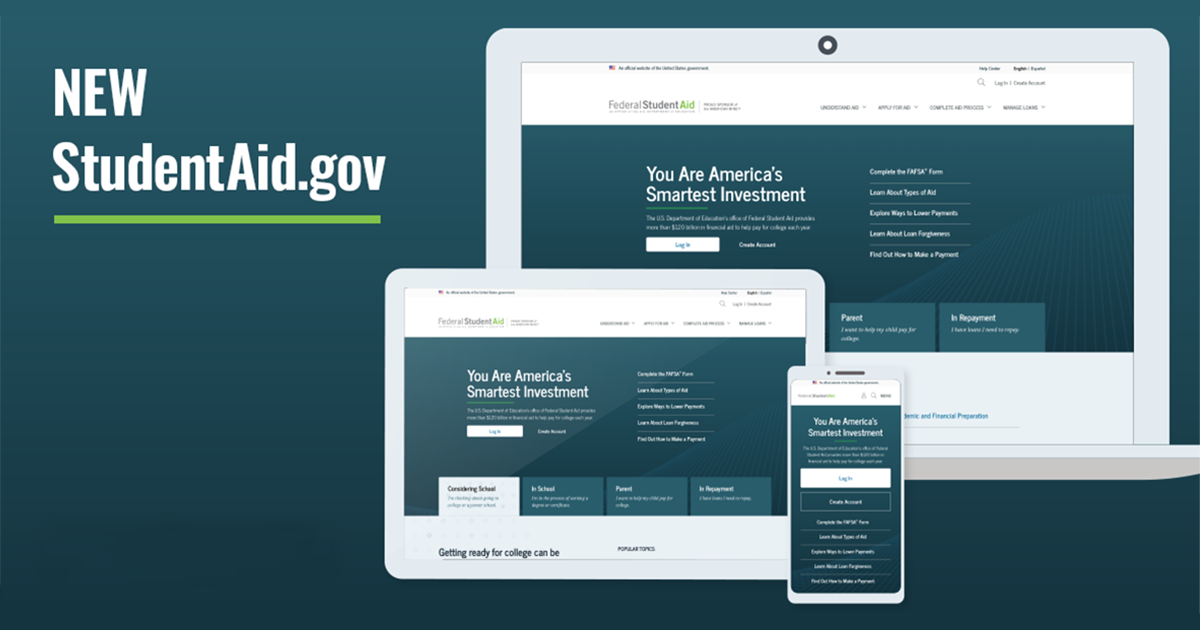Have you ever made a New Year’s resolution you didn’t follow? Do you have trouble imagining yourself one year from now? Is goal-planning a challenge for you?
SMART goals help you create goals worth achieving. SMART stands for Specific, Measurable, Attainable, Relevant, and Time-Bound.
What sets SMART goals apart from other types of goals? They’re super specific, which increases your chances of success. Instead of confusing, vaguely worded goals, you have a precise picture of what success looks like, so you know you’ve achieved it. Put simply: SMART goals help you achieve what you want out of life. One study found 76% of participants who wrote down their goals, made a list of goal-driven actions, and provided weekly progress reports to a friend achieved their goals — which is 33% higher than those with unwritten goals.
Ready to create some SMART goals of your own? Let’s begin by breaking down each letter:
S: Specific
What specifically do you want to achieve?
- Instead of saying: “I want to do well in school this semester,”
- Try: “I am going to get all A’s and B’s this semester.”
Asking who, what, where, when, and how can help you identify your “specific” goal.
If you find your goal is getting too detailed, create a smaller SMART goal for each major step of your bigger goal. Think SMALL!
M: Measurable
Once you’ve identified the specific “what” that you want to accomplish, you need a way to measure it. Measuring matters because it lets you know when you’ve achieved the goal.
Is your goal measurable? To find out, ask yourself:
- How much? (money, time, etc.)
- How many? (chapters, words, pushups, classes, levels, pounds, etc.)
- How will I know when it’s accomplished?
Maybe it’s saving $100, getting an 80% score on an exam, or passing a class with an A. Perhaps it’s writing 50 pages in a book, or losing 10 pounds. As long as your goal has some kind of measurement involved, it passes the letter “M”.
A: Attainable
What comes to mind when you think of “attainable?” You might imagine someone reaching for the ledge of a cliff after climbing up a mountain, or someone standing at the top of a flight of stairs holding a trophy. Attainable means “reachable.” Or, simply put, realistic.
Be honest: Is your goal realistic for you, right here, right now? Or do you need to take other steps before you can tackle your goal? Ask yourself:
- “Can I accomplish this goal?” (Or do I need to outsource, pay someone, or ask for help?)
- “Is there anything stopping me from reaching this goal, such as time, money, or external circumstances?”
- “Do my skills match my goal?”
Imagine your goal is to run for Student Life President next semester. (That’s great!) But then you realize you need to work on your presentation skills first! In that case, you might want to refocus on a SMART goal such as “I will enroll in and complete Fundamentals of Speech class next semester with an A” as a first step. Remember: don’t confuse “unattainable” with “difficult.” Your goals should challenge you and take you outside your comfort zone. However, it’s important to decide whether you’re really prepared to tackle the goal head-on, or, instead, focus on a preliminary step first.
Now’s a great time to ask yourself “What obstacles might get in the way of my goal?” as well as “What resources can help me overcome these obstacles?” For example, could poor time management skills make doing your homework difficult? If so, block off weekly time on your calendar to complete the assignments.
Also consider what resources could be valuable to your success. You could plan to attend your professor’s office hours for questions, schedule time to go to the library with a friend to work on the assignment independently, sign up for tutoring, or stop by the Center for Academic Success for more strategies. Whatever your plan, adjust as you learn what works for you.
R: Relevant
This step ensures that your goal truly matters to you and aligns with what you want in life. Ask yourself:
- Why is this goal important?
- How does it benefit me?
- Is this a good time based on what I need right now?
Does your goal answer “yes” to all these questions?:
- Is it worth your time?
- Is right now the right time?
- Am I the right person to tackle this goal?
- Does the goal line up with what I want out of life?
If a goal doesn’t line up with what you really want (or maybe even lines up with what someone else wants), you might want to rethink it.
Sometimes, it’s just not the right time to pursue certain goals. Imagine that you’re wanting to train for a triathlon while starring in a major school play. These goals are at odds with each other, and there may not be enough time or energy to excel at both. One goal would have to be set aside until the other was accomplished.
T: Time-Bound
The key word here is “time.” What “time” will the goal be achieved? How long will it take?
Making your goal “time-bound” ensures that you stay on track. Imagine your goal is to “Get all A’s this semester.” That goal is time-bound because it ends when the semester ends.
A definite start and end time adds urgency to your goal and ensures you spend focused time and energy achieving it. Here’s another example: Imagine your goal is “Read 10 books by the end of the year.” You know that the final day to achieve that goal is December 31st, so you’d better get busy if you’re going to make that deadline! Better yet, you can calculate how many pages you would need to read per day, week, or month to reach that goal.
Above all, you’ll want to ask yourself, “Can my goal be accomplished on time?” Be realistic and set an end-date or timeline that you can handle but still gives you a sense of urgency to get the job done.
You might find it motivating to write your goals as though they’ve already happened.
- Instead of saying “I want to complete my classes with all A’s this semester,” say “I have completed my classes with all A’s this semester.” Or “I will complete my classes with all A’s this semester.”
- Either way, avoid the word “want.” Instead of “wanting” focus on “doing.”
Ready To Tackle Some SMART Goals?
Confucius once said: “When it is obvious that the goals cannot be reached, don’t adjust the goals, adjust the action steps.”
If you’ve struggled with achieving a goal in the past, try breaking it down into smaller goals and achieving each one. Like a flight of stairs, your goal is to climb one step at a time, rather than leaping to the top.
Start with just one goal—keep it simple but concise—and take steps to achieve it. Success is catchy. With each completion of your goals, you will find yourself motivated to tackle bigger, bolder goals over time. Here are a few ideas to get you started:
- I will complete my classes with all A’s this semester.
- I will get a part-time job, making $12 per hour this semester.
- I will choose a major by December this year.
- I will be elected to the SGA leadership team by January next year.
- I will read 15 books by the last day of this year.
- I will lose 10 lbs. in the next 6 months.
Want to discuss SMART goals, action plans, vision boards, or other professional development services like job searching, career planning, or resume writing? Contact your nearest campus’s Career Center for an appointment. We look forward to helping you succeed this semester!




